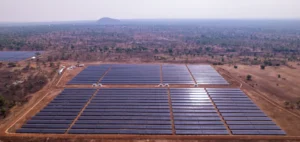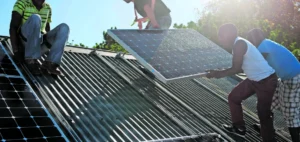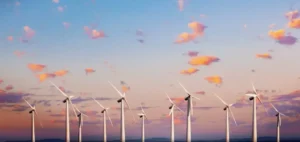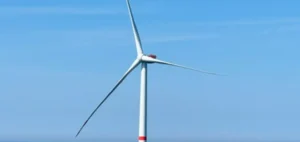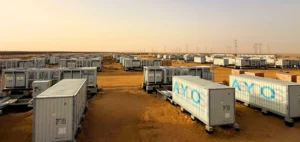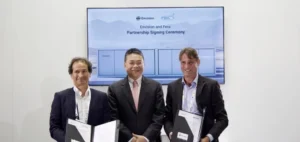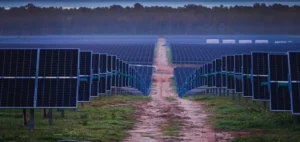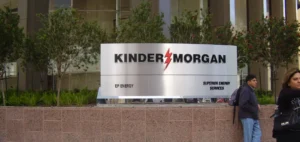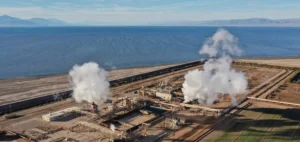Kistos Holdings plc (LON: KIST), an independent company in the upstream and midstream energy sectors, has announced a strategic investment in Spiralis Energy Ltd, a company specializing in tidal energy. This commitment highlights Kistos’s goal to actively participate in the energy transition by investing in sustainable and innovative solutions. The investment supports the development of Spiralis Energy’s unique technology, the Axial Skelter, a tidal energy generator made from recyclable 3D-printed segments.
The Axial Skelter technology, developed by Spiralis Energy, could revolutionize the tidal energy sector. Fully modular, the generator can be produced in less than a week, facilitating transport and maintenance. This innovative design uses easily replaceable segments, simplifying maintenance and reducing operating costs. Kistos has acquired a 20% stake in Spiralis Energy, comprising 10% in equity and 10% in warrants, for a total investment of £800,000. In addition, Kistos benefits from a right of representation on Spiralis’s board of directors, enhancing its influence over the company’s strategic directions.
Sustainability goals and benefits for Kistos
By integrating Spiralis Energy into its strategy, Kistos aims to balance its sustainability commitments with value creation for its shareholders. According to Andrew Austin, Executive Chairman of Kistos, this investment allows the company to meet its sustainability goals while generating growth opportunities. “Our investment in Spiralis follows extensive due diligence of the tidal energy sector and the company’s commercial strategy. The technology, currently in its final testing phase, has the potential for rapid commercial deployment,” said Austin.
Kistos sees this investment as a cost-effective way to reduce its carbon footprint. Unlike traditional offset initiatives, the stake in Spiralis Energy offers potential for direct returns. This partnership is part of a broader strategy to diversify energy assets and adapt to transitioning markets.
Resilience testing and deployment prospects
With Kistos’s financial support, Spiralis Energy will conduct longevity tests to assess the operational resilience of Axial Skelter in demanding environments. These durability trials aim to demonstrate the reliability and resilience of the technology in challenging marine conditions. If successful, these tests could lead to large-scale deployment of the solution, contributing to a sustainable and cost-effective energy supply.
This technological advancement aligns with Kistos’s mission to support the energy transition while exploring high-value opportunities. Although Kistos continues to seek investments in hydrocarbons, the company remains open to innovations that strengthen its position in the clean energy market. Through this approach, Kistos hopes to meet investor expectations while honoring its stated sustainability commitments.







